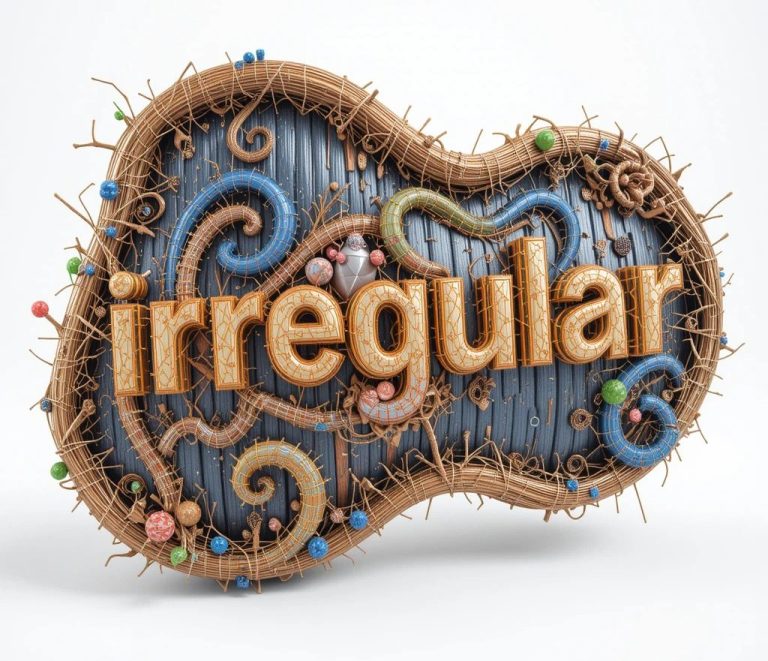Get Started with Irregular Verbs

Irregular verbs can seem tricky at first - they don’t follow the usual patterns - but they appear in everyday conversation and writing.
In this guide, we’ll focus on the most common irregular verbs you’ll actually use, with clear examples and helpful tips to make learning them easier.
Let’s get started and make irregular verbs a natural part of your English!
Now learn 10 more important English irregular verbs for your level!
or
Return to the Intermediate Level Resources
The "Be" Family: Is, Am, Are, Was, Were, Been
Imagine if "be" followed the rules. We'd be saying "I be, you be, he bes." Thankfully (or not), "be" decided to be special.
- Present: I am, you are, he/she/it is, we are, they are
- Past: I was, you were, he/she/it was, we were, they were
- Past Participle: been
Fun fact: "Be" is the most common verb in English. It's like the popular kid in school – always showing up everywhere!
The Go-Getter: Go, Went, Gone
"Go" is like that friend who always wants to try new things. It completely changes in the past tense!
- Present: go
- Past: went
- Past Participle: gone
Example: "I go to the store every day, but yesterday I went to the mall instead. I've gone shopping too much this week!"
The Do-It-All: Do, Did, Done
"Do" is the superhero of verbs. It can do almost anything!
- Present: do
- Past: did
- Past Participle: done
Example: "I do my homework every night. Yesterday, I did extra credit. I've done all my assignments for the week!"
The Getter: Get, Got, Got/Gotten
"Get" is tricky because it has two accepted past participles in modern English.
- Present: get
- Past: got
- Past Participle: got/gotten (gotten is more common in American English)
Example: "I get confused by irregular verbs. I got better with practice. I've gotten/got much more confident now!"
The Sayer: Say, Said, Said
"Say" keeps it simple in the past tenses. It's like that no-nonsense friend who always tells it like it is.
- Present: say
- Past: said
- Past Participle: said
Example: "I say what I mean. Yesterday, I said too much. I've said enough for today!"
The Maker: Make, Made, Made
"Make" follows a pattern similar to "say." It's straightforward but still irregular.
- Present: make
- Past: made
- Past Participle: made
Example: "I make mistakes when speaking English. Yesterday, I made fewer errors. I've made a lot of progress!"
Tips for Mastering Irregular Verbs
- Use them in sentences: The more you use these verbs in context, the more natural they'll become.
- Listen for them: Pay attention to how native speakers use these verbs in movies, songs, and conversations.
- Practice, practice, practice: Try to use these verbs in your daily English conversations or writing.
- Make it fun: Create silly sentences or stories using as many irregular verbs as possible.
Remember, even native English speakers sometimes struggle with irregular verbs. The key is to keep practicing and not be afraid to make mistakes. After all, mistakes are just opportunities to learn. With a bit of practice and a sense of adventure, you'll gain confidence and will conquer these irregular verbs in no time.
Start building your strong foundation of irregular verbs!